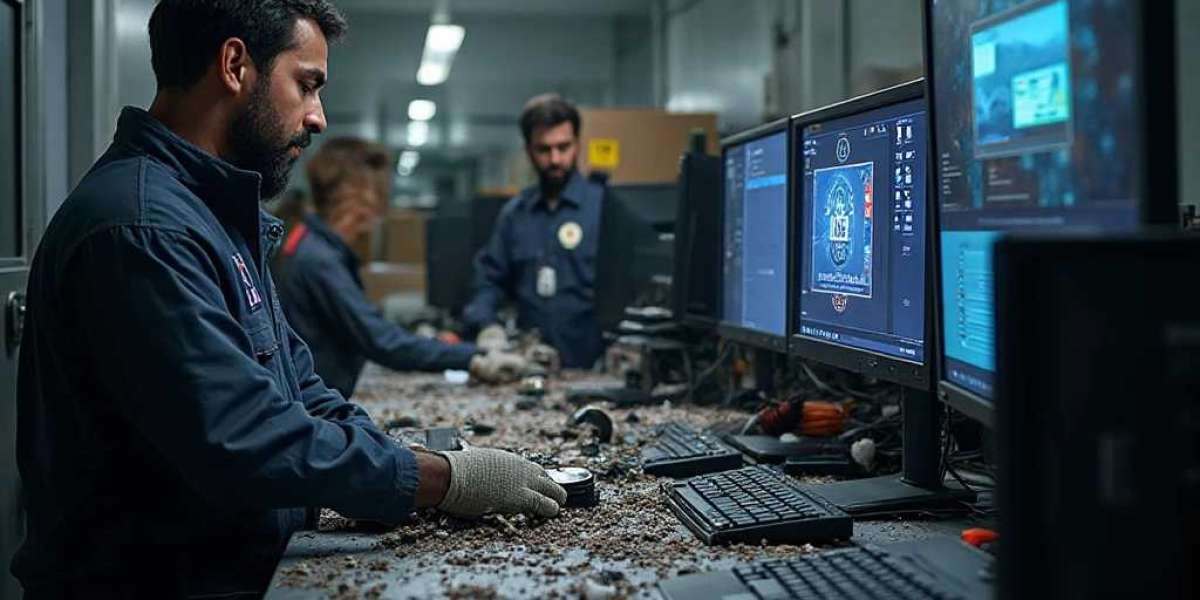Travel has long been seen as a way to break from routine, to see new sights, and to collect stories. But beyond the postcards and checklists lies a deeper dimension: the opportunity to engage authentically with the places and people we visit. This approach, often called immersive or authentic travel, invites us to slow down, listen, and participate rather than merely observe.
In doing so, we begin to see the world with fresh eyes—not as tourists passing through, but as curious guests eager to understand and connect.
What Is Authentic Travel?
Authentic travel emphasizes experiencing a destination as it truly is, beyond the polished facades and popular attractions. It involves seeking out genuine interactions with local cultures, traditions, and daily life. Rather than focusing solely on well-known landmarks or commercialized experiences, authentic travelers prioritize meaningful connections that reveal the complexity and nuance of a place.
This might mean sharing a meal prepared by a family in their home, learning traditional crafts from artisans, or joining community celebrations that are not designed for tourists.
Why Authentic Travel Matters
In a world increasingly shaped by globalization and mass tourism, authentic travel serves as a counterbalance. It fosters respect for diversity and encourages preservation of cultural heritage. By engaging directly with communities, travelers gain insights that are often missing from mainstream narratives—insights into history, values, challenges, and hopes that define a place’s identity.
At the same time, authentic travel supports sustainable tourism. When visitors choose locally owned businesses, craftspeople, and guides, they contribute to economies in ways that benefit the community rather than large corporations.
How to Seek Authentic Experiences
Finding authentic experiences requires openness, humility, and a willingness to step off the beaten path. Here are some ways to approach this:
Research Beyond Guidebooks: Look for smaller communities, lesser-known festivals, and local events that might not be featured prominently in tourist materials.
Learn Basic Language Skills: Even simple greetings can open doors and show respect.
Stay in Family-Run Accommodations: Homestays or small inns often provide deeper cultural insight than large hotels.
Participate Actively: Join cooking classes, craft workshops, or farming activities when possible.
Be Present: Engage attentively in conversations and daily life rather than rushing through experiences.
The Role of Respect in Authentic Travel
Respect is fundamental. This means honoring local customs, asking permission before photographing people, and being sensitive to social norms. It also involves recognizing the limits of your role as a visitor—being mindful not to impose your own expectations or disrupt daily life.
Authentic travel is a form of cultural exchange, not cultural consumption. Approached thoughtfully, it fosters mutual understanding and meaningful dialogue.
Challenges and Misconceptions
It’s important to acknowledge that authentic travel isn’t always easy or perfectly achievable. Language barriers, cultural misunderstandings, and logistical constraints can create awkward moments. There is also the risk of romanticizing or exoticizing cultures, which can reduce complex communities to stereotypes.
Being self-aware and reflective helps mitigate these risks. The goal isn’t to “collect” authenticity as a trophy, but to engage genuinely—even when that means accepting imperfection or discomfort.
The Transformative Power of Authentic Travel
Many travelers report that their most impactful experiences come not from famous sights, but from small, unscripted moments—sharing a story with a local elder, helping in a kitchen, or simply listening to the sounds of a village waking up.
These experiences often shift perspectives, fostering empathy and a deeper appreciation for diversity. They remind us that behind every place are real people with rich histories and vibrant cultures.
A Thoughtful Approach to Travel Planning
While spontaneous discovery is part of authentic travel, planning with care can enhance the experience. Some travel platforms and communities focus on connecting travelers with meaningful experiences that respect local contexts. For example, thoughtfully curated travel experiences—like those offered by We Just Feel Good—can help travelers find opportunities for real connection without overwhelming communities or relying on typical tourist routes.
Such resources can guide travelers toward experiences that prioritize respect, sustainability, and cultural integrity—though it’s always important to maintain personal awareness and responsibility.
Authentic Travel in a Digital Age
Technology can be both a help and a hindrance. On one hand, it enables research, communication, and connection. On the other, excessive reliance on apps and social media can distance travelers from immediate experiences.
Striking a balance is key. Using technology as a tool—rather than a shield—allows for openness and presence. This might mean turning off devices during conversations or choosing not to immediately share every moment online, thus fostering a deeper connection to the experience itself.
Cultivating Authenticity Beyond Travel
The lessons of authentic travel can ripple into everyday life. Practicing curiosity, patience, and respect for different perspectives enriches how we relate to others even at home.
It encourages us to question assumptions, to listen more deeply, and to value experiences over consumption. In this way, authentic travel becomes less a momentary activity and more a way of being in the world.
Final Reflections
Authentic travel challenges us to move beyond the superficial and to engage with the world’s complexity and beauty on its own terms. It invites a humility that acknowledges the limits of our understanding, and a generosity that welcomes others as teachers and companions.
In embracing authenticity, travel becomes more than an escape—it becomes a path toward empathy, connection, and a richer understanding of what it means to belong somewhere.








